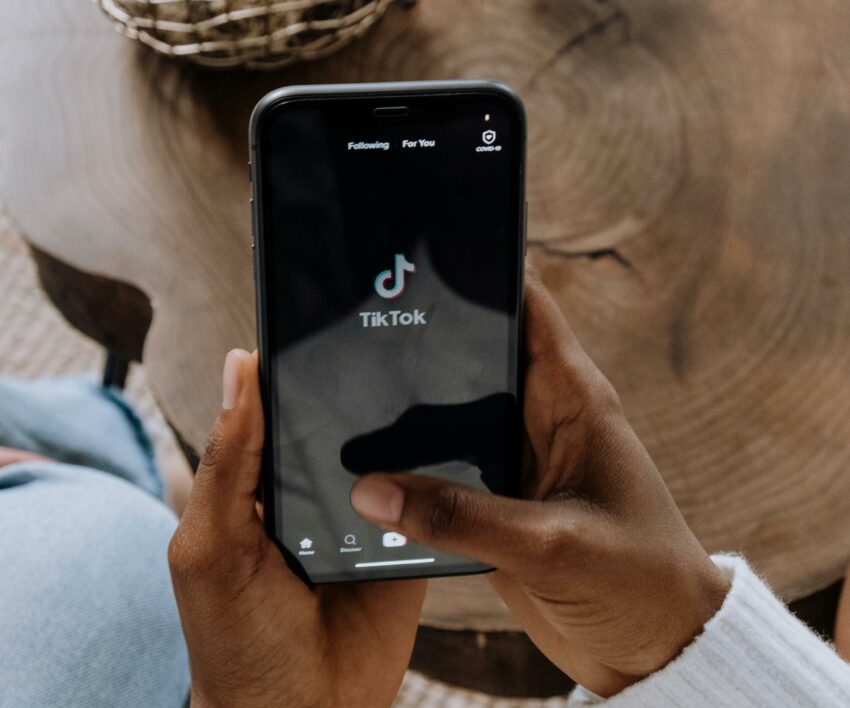
It is no secret that TikTok has grown to be a major force in several industries, including marketing, entertainment, and education.
If you look at it from a business point of view, influencers use it to market products, brands use it to connect with younger consumers, and artists use it to showcase their skills. It is an effective tool in influencing consumer behaviour and advancing digital culture because of its capacity to ignite viral trends.
On the other hand, without a doubt, the platform is the best choice when it comes to entertainment. There is something for everyone among the countless short videos where each time you scroll, the app’s algorithm instantly adjusts to your interests to keep you captivated with new and interesting information.
So why the short-lived ban?
According to CBS News, “Lawmakers and U.S. officials have sounded the alarm for years about the supposed risks that TikTok’s ties to China pose to national security, and Congress moved last year to force TikTok’s Chinese parent company, ByteDance, to sell its stake in the app or be cut off from the U.S. market. The law gave the company a deadline of Jan. 19 — one day before a new president would take office.”
The New York Times states that in the past weekend, late on Saturday night, TikTok feeds in the US stopped functioning. In place of videos, the app informed users via a pop-up that “President Trump has indicated that he will work with us on a solution to reinstate TikTok once he takes office” and that legislation prohibiting the app had been passed in the US.
Though the US ban lasted less than a day, it underscored how deeply the entertainment platform has embedded itself into society and how quickly its absence can spark a digital uproar.
They really took TikTok pic.twitter.com/8RKzovMddE
— Daquan Wiltshire DSG 🤘🏾🐝 (@DAQUANDSG) January 19, 2025
People who deleted TikTok searching for it in the App Store: pic.twitter.com/aFctN7nftJ
— NUFF (@nuffsaidny) January 19, 2025
Although some TikTok material is available on other platforms such as Instagram, users were not too impressed with the alternative as an average Instagram reel does not amount to what you can expect from TikTok.
“just watch instagram reels instead of tiktok”
average instagram reel: pic.twitter.com/Y1Z4Aq194F
— duck (@ExtremeBlitz__) January 19, 2025
Another X (Formerly Twitter) user voiced their concern over the ban of TikTok, commenting:
i’m going to miss tiktok so much, no other platform has me laughing, informed, entertained, and inspired the way tiktok does. 💔
— mimi (@MilanBrielle) January 19, 2025
If we bring it back home and assess how much the platform impacts digital trends in our country, the loss of TikTok might have a significant effect in South Africa as it is essential for exposure and consumer interaction for many businesses, particularly small ones and especially the music industry.
Another user also commented:
In South Africa, a whole lot. It pushed labels to want to work with distribution companies in order to get a piece of any record that blows from Tik Tok challenges. https://t.co/SDmPHSNkOm
— Soweto’s Emperor (@Sphinx_Lunatic) January 19, 2025
Also see: Khayelitsha school achieves historic 99.3% matric pass rate




